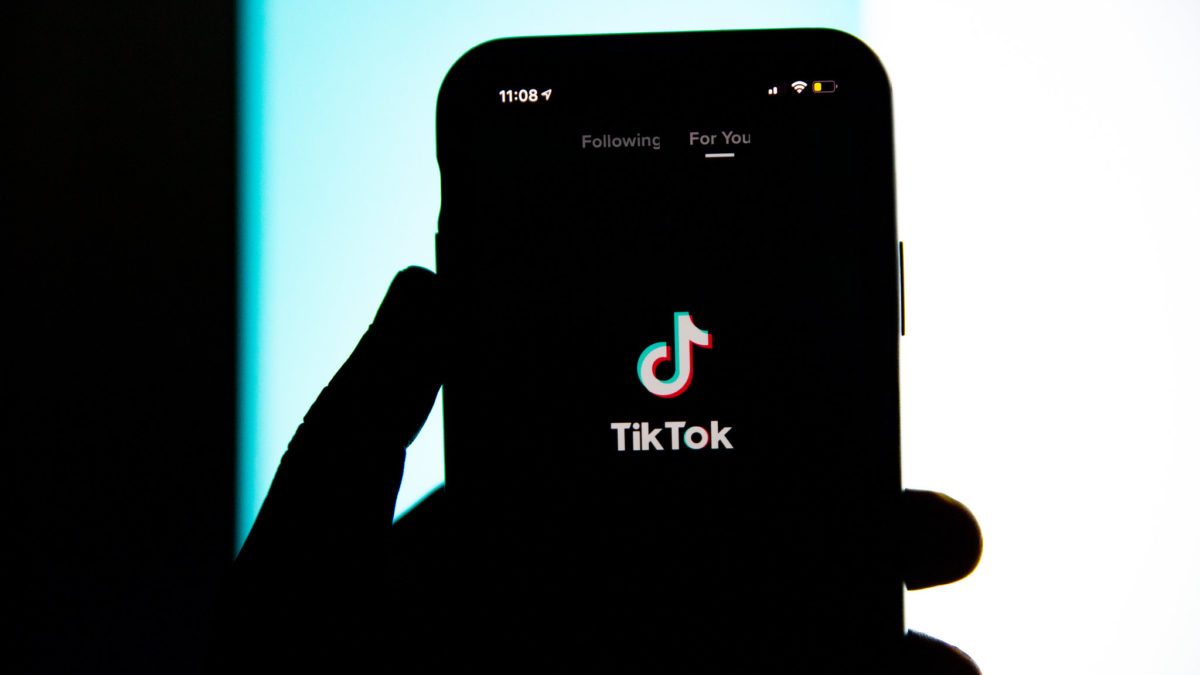Right before the beginning of Christmas Break, schools all over the country canceled classes in response to a wave of shooting threats inspired by a TikTok video challenge. According to Nassau County Police Commissioner Patrick Ryder, the challenge was to “take a stock photo of a weapon, put that under a post and write you’re going to shoot up a school.” It could be any school, and those making the threat could be from anywhere in the country.
As many as hundreds of kids took to social media and sent threats to various students or faculty of bringing a gun or bomb to school. While schools beefed up their security or kept students away, many students who made threats were arrested. Fortunately, as of now, it seems no actual shootings followed the challenge, and most of the threats have been proven to be empty.
As heartbreaking as it is to see students mindlessly following TikTok influencers and threatening their schools with mass shootings, it is even more frustrating to know how preventable this is. One parent on a local Facebook group captured this frustration perfectly: “Today, parents across the country will fear TikTok enough to not send their kids to school — but not fear TikTok enough to take it off their kids’ phones.”
As many teachers and parents can attest, 2021 has been the year of TikTok. The incredibly addictive app has supplanted many other social media and streaming services, moving past popular apps like Snapchat and Instagram. Because the videos are so short and the customizing algorithm is so effective, users will unwittingly stay glued to their screens for hours at a time.
All this has made TikTok a powerful influence among its users. It’s not just another form of entertainment that diverts its audience; it’s a media platform that ultimately consumes its audience and informs their whole reality. Sure, there are silly videos of people singing, dancing, and playing pranks, but there are also videos of people propagandizing harmful ideas and, as in the school shooting case, actively instigating violence. If you ever wondered where kids get their dumb ideas, today look no further than TikTok.
TikTok’s endless barrage of suggestive images and sounds chisels away at users’ sense of themselves and their surroundings, reshaping their consciousness. The logic and morality of their objective worlds are eclipsed by the artificial narratives and trends of their subjective ones.
As with everything else, Covid and the accompanying shutdowns have made this problem worse. Already, anxious young people were coping with the routines of school after more than a year of social distancing restrictions and remote learning. Now they have to deal with the voices on their screens telling them to vandalize bathrooms and threaten school shootings.
For a moment, the Trump administration considered banning TikTok since the Chinese government uses it to collect people’s data and spy on American citizens. But considering Biden reversed Trump’s attempt months ago, it’s unlikely the China-friendly Biden administration will take any action against TikTok no matter how many terrorist challenges are spawned on it or how big a security threat it poses. (It’s worth noting that, while China feeds TikTok to American teens, the heavy-handed Chinese government has imposed strict limits on its own youth, specifically on video games — although the concern is more about children becoming lazy or effeminate rather than violent and chaotic.)
Of course, government indifference doesn’t stop parents from banning TikTok for their children, if not taking away their children’s smartphones altogether. As convenient as it is to keep children quietly occupied at home, this means little if the content they’re consuming is psychological poison.
Furthermore, TikTok puts kids in a bubble that’s nearly impossible to penetrate. Parents and teachers have no idea what the kids are thinking or plotting, and this has created a profound distrust. Maybe the kids really are watching educational videos, but they probably aren’t.
Not so long ago, most teachers could be confident that their students wouldn’t dream of murdering their classmates. Now, with so many kids retreating to TikTok and with school shootings happening on a regular basis (the last of which was in Michigan), the suspicion is always there. No one wants to admit it, but it’s all too easy to imagine some student losing his mind and becoming violent. Hence, any threat, however incredible and implausible, is enough to cancel school and summon half the police department to investigate.
The ease of TikTok makes the matter worse. While a disturbed kid on 4Chan would put some effort into seeking out and reading radical posts and writing out deranged manifestos under a carefully crafted pseudonym, now disturbed (or even well-adjusted) kids can become radicalized with far less effort.
If governments and parents see no problem with this, perhaps school leaders can take this opportunity to ban smartphones from their campuses — if not for the sake of student learning, then maybe for the sake of school safety. By now, it should be evident that trying to somehow use this infernal app in some educational capacity is beyond stupid and possibly dangerous. The kids are under a spell, and I can think of no better Christmas gift than to shake them out of it before they’re lost completely.









